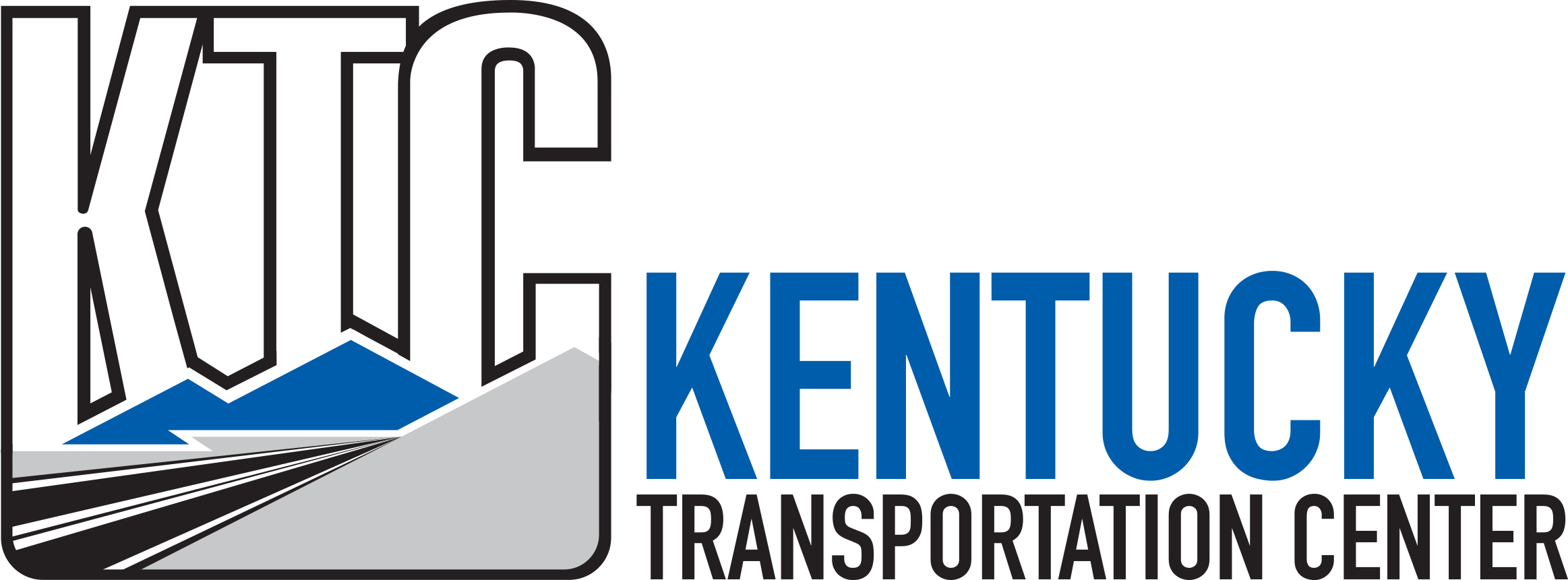Abstract
Traveler delay is the problem most often associated with highway crashes, but by far the most serious problem is the resulting secondary crashes that occur. Another related issue is the danger posed to response personnel serving the public at the scene of a crash. The longer a crash is in place, the longer the responders are vulnerable and exposed to injury.
The Kentucky Transportation Center, in cooperation with the Kentucky Transportation Cabinet, developed a checklist and interagency workshop to address ways to secure and coordinate the resources necessary to restore the roadway’s operation in a safe and timely manner. The Highway Crash Site Management workshop and Checklist have been a very effective way to get the message of quick clearance to emergency responders.
During the past fiscal year (2002-2003), emphasis was placed on conducting more workshops and distributing more Checklists. Six additional workshops were conducted and 1000 Checklists were printed for distribution. In addition, minor modifications were made to the workshop material and delivery process. A packet of information pertaining to the project was distributed nationally as a way to share Kentucky’s “successful practices”, and an evaluation survey was conducted to determine the benefits of the workshop and Checklist.
It is the finding of this study that emergency responders are receptive to this program and that conducting more workshops and distributing more Checklists would improve crash site management throughout the state. Minor modifications should be made to the workshop in an effort to make the program more sustainable, and the management and organization should gradually be turned over to the Technology Transfer section of the Kentucky Transportation Center.
Report Date
7-2003
Report Number
KTC-03-18/KH43-02-1F
Digital Object Identifier
http://dx.doi.org/10.13023/KTC.RR.2003.18
Repository Citation
Barrett, Monica L. and Walton, Jennifer R., "Highway Crash Site Management" (2003). Kentucky Transportation Center Research Report. 232.
https://uknowledge.uky.edu/ktc_researchreports/232



Notes
The contents of this report reflect the views of the authors, who are responsible for the facts and accuracy of the data presented herein. The contents do not necessarily reflect the official views or policies of the University of Kentucky, the Kentucky Transportation Cabinet. This report does not constitute a standard, specification, or regulation. The inclusion of manufacturer names or trade names is for identification purposes only and is not to be considered an endorsement.